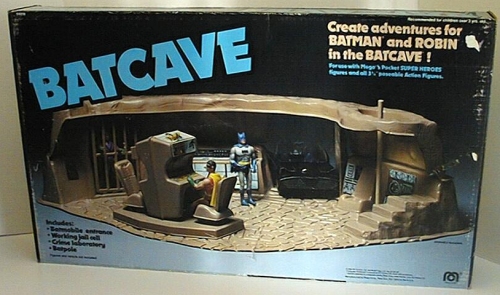Latex lizzie
Well-Known Member
O.K.
has anyone set up a shop ever? Where did you start? what were the things to look out for? what wouldn't you do if you had it over etc. Did you have to get capitol from a bank or what? Ngggbbllth is there a standard format a bank would need in the form of a business plan to gte cash from a bank...
basically where do you start?
has anyone set up a shop ever? Where did you start? what were the things to look out for? what wouldn't you do if you had it over etc. Did you have to get capitol from a bank or what? Ngggbbllth is there a standard format a bank would need in the form of a business plan to gte cash from a bank...
basically where do you start?
